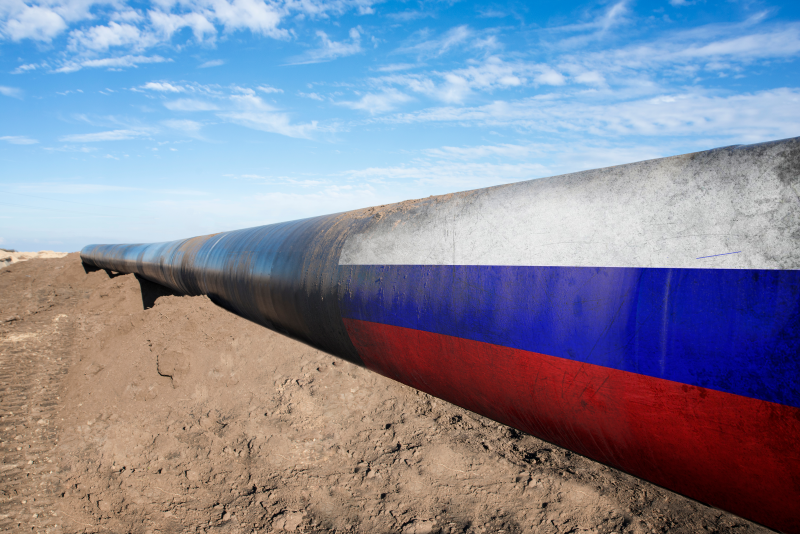US Warns Companies Over Russian Oil Price Cap Evasion Via ESPO Pipeline
(Reuters) — The U.S. Treasury published a warning to U.S. companies on Monday of possible evasions of the Russian oil price cap exported through the Eastern Siberia Pacific Ocean (ESPO) pipeline and ports in eastern Russia.
The Office of Foreign Assets Control (OFAC) at the department said it is aware of reports that ESPO and other crude oils exported via Pacific ports, such as Kozmino, may be trading above the $60 price cap imposed on Russia by Western countries, and that U.S. entities may have unknowingly provided services for those trades.
The Group of Seven countries, including the United States, and the EU have placed the cap on Russian shipments of crude oil since late last year as part of sanctions on Russia following its February 2022 invasion of Ukraine.
"These U.S. service providers may be unaware that they are providing covered services involving Russian oil purchased above the price cap, as the non-U.S. persons involved in the exports may have provided incomplete or false documentation or used other deceptive practices," OFAC said in the warning.
Under the price cap scheme, companies in the G7 countries and the EU are allowed to provide financial services such as transportation, insurance and financing services for Russian oil and oil products only if they are sold above the cap.
OFAC said some tankers may be manipulating their automatic identification systems, a practice known as spoofing, to hide their calls at Kozmino or other ports. Spoofing can also mask ship-to-ship transfers to disguise the origin of Russian oil.
The office said shipowners and other service providers can use records and attestations by oil market players that Russian oil they service was purchased below the cap to avoid enforcement actions.
The warning told commodities brokers and traders that shipping, freight, and insurance costs are not included in the price caps, but that failure to itemize such costs can be used to hide purchases of Russian oil above the cap. OFAC also recommended that traders retain documents showing that Russian oil and oil products were bought at or below the cap.
Related News
Related News

- Keystone Oil Pipeline Resumes Operations After Temporary Shutdown
- Biden Administration Buys Oil for Emergency Reserve Above Target Price
- Freeport LNG Plant Runs Near Zero Consumption for Fifth Day
- Enbridge to Invest $500 Million in Pipeline Assets, Including Expansion of 850-Mile Gray Oak Pipeline
- Williams Delays Louisiana Pipeline Project Amid Dispute with Competitor Energy Transfer
- Evacuation Technologies to Reduce Methane Releases During Pigging
- Editor’s Notebook: Nord Stream’s $20 Billion Question
- Enbridge Receives Approval to Begin Service on Louisiana Venice Gas Pipeline Project
- Mexico Seizes Air Liquide's Hydrogen Plant at Pemex Refinery
- Russian LNG Unfazed By U.S. Sanctions





Comments